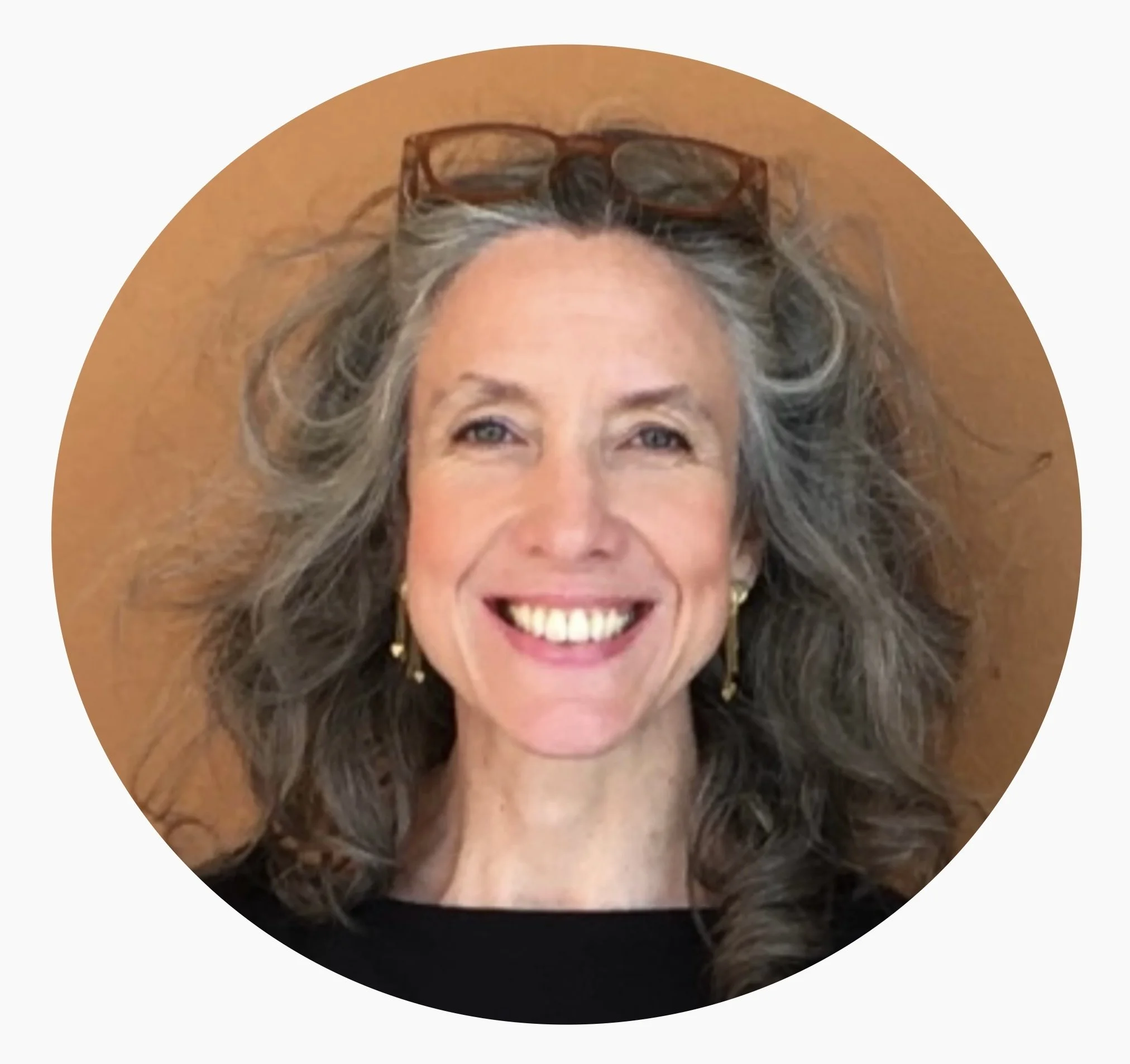Nicky Hodge
Which 3 words best define how you would like your art to be perceived?
INSTINCTIVE, INVENTIVE and INDIVIDUAL
What creative challenge have you faced and overcome that has transformed your art practice?
Finally deciding to go much larger was hugely transformative. I’ve always worked small. I used to make small paintings presented in sequence and they got smaller and smaller until one day I realised there was nowhere else to go. Nowadays I work in a range of sizes including some recent door size paintings. Not only have I realised that it was fear that was holding me back but also that larger size canvases really suit my gestural way of working.
What tools do you use as part of the preliminary stages of your process?
There is no preliminary stage or references to hand as I dive straight in. Each work is the result of being immersed in the process and making quick decisions and spontaneous gestural marks.
How do you usually start an art session - any habits or rituals ?
Usually by taking a long look at the paintings that I have left hanging on the studio wall. I need this time to reflect on the work that I have made previously as I am far too caught up in the process when painting to have any particular feelings or thoughts about them.
How do you deal with doubts and fears?
When a painting goes badly wrong or doesn’t work out how I want, I start to think this could be the last time I will ever create a successful painting. Then I just try to tell myself that these fearful feelings are all part of the process and something every artist goes through. It is not always easy to convince myself though…
With what intentions do you infuse your art making?
I have always been interested in creating more than one image as I feel it is through the relatedness and dialogue between works that meaning starts to emerge. As part of this, while recognising that it is a problematic and perhaps overloaded concept, I am interested in how paintings operate on an emotional level. For me a painting has to communicate some feeling or it becomes simply about the materiality, or an exercise in technique.
Where do you draw your color inspiration from ?
Colour is hugely important to me although my palette could be described as quite monochromatic or restrained. Paintings tend to feature one or two colours in varying hues. Overall colour tends to be soft and muted – I use bright colours sparingly and only as an occasional sharp contrast.
What brilliant piece of advice were given on your creative journey and would be happy to share?
Do something related to your practice every day (even if only sharpening a pencil – something I almost never do!)
What is something absurd that you love doing ?
I spend a lot of time painting my walls white only to get them covered in paint minutes later.
What do you like about your work, what do you dislike about it?
I like the way my work refuses to sit still. I find an experimental, playful approach means there’s endless scope, and allows me not to take myself too seriously. At the same time I do sometimes question whether a more well worked and precise approach might lead me somewhere interesting that I have never been before. But at the same time I know that straight lines and I do not sit very well together! I really dislike the whole admin side of sustaining an art practice – it takes up too much time and it is just not my forte.
What do you tell yourself to keep you out of procrastination?
I have many vices but this is not one of them. If anything, I rush into things without thinking and often tend to mess things up as a consequence.



















